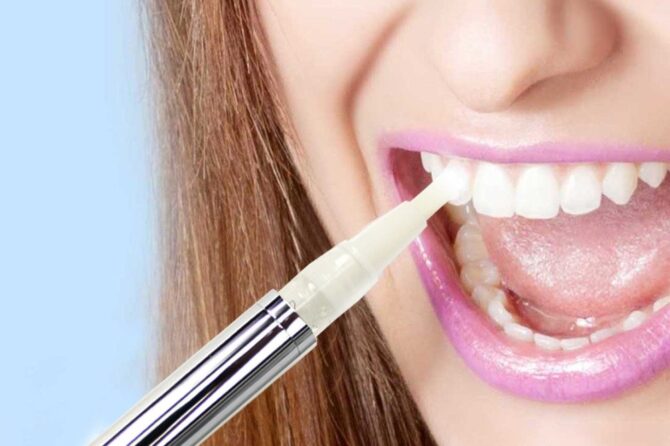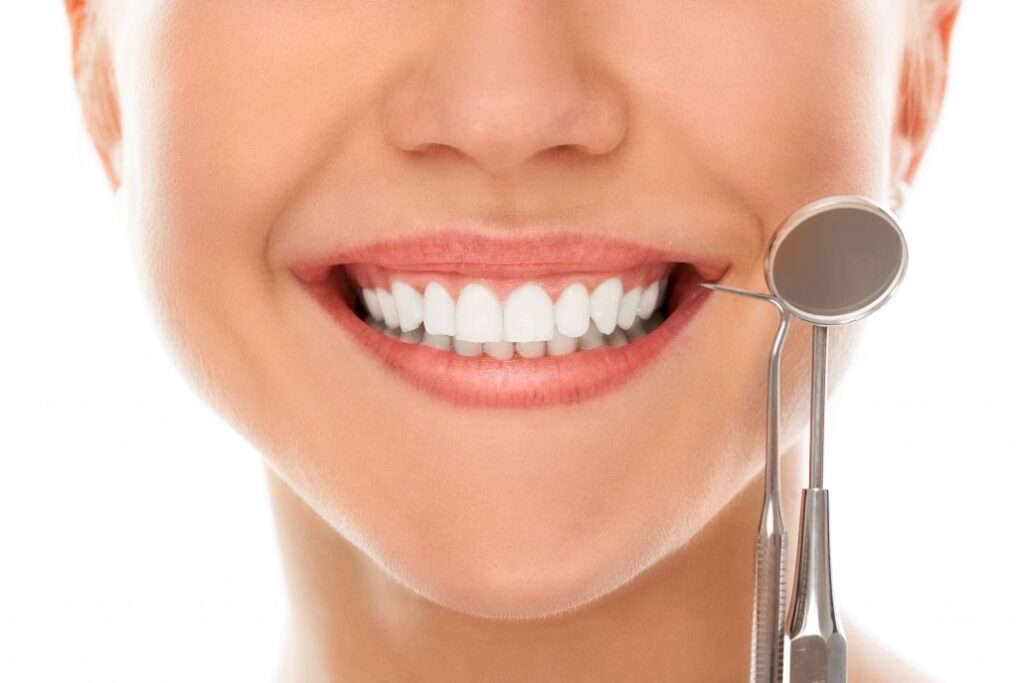
Is Hydrogen Peroxide Good for Gums and Teeth? Unveiling the Truth
Hydrogen peroxide is a popular oxidizing agent used in various fields, including healthcare. Its properties like antibacterial, antiviral, and antifungal have made it a promising choice for dental cleaning and oral hygiene. But the question remains, is hydrogen peroxide good for gums and teeth?
This article aims to address this debate with a comprehensive overview of the benefits and risks of using hydrogen peroxide as a dental aid. We will explore its mechanism of action, effectiveness, and safety to help you make an informed decision about its usage.

Understanding Hydrogen Peroxide
Hydrogen peroxide, also known as H2O2, is a chemical compound that consists of two hydrogen atoms and two oxygen atoms. It is a clear and colorless liquid that occurs naturally in the human body as a byproduct of metabolism. However, it is commonly synthesized from water and oxygen and used as a disinfectant and bleaching agent.
Hydrogen peroxide is known for its oxidizing properties, which means that it can break down the chemical bonds of organic matter, including bacteria and viruses, by releasing oxygen. It also acts as an anti-inflammatory agent, which makes it useful for treating gum infections and reducing inflammation.
Using Hydrogen Peroxide for Dental Care
Hydrogen peroxide has gained popularity in dental care products due to its effectiveness in fighting against harmful bacteria that cause gum diseases and tooth decay. It is available in various forms, including gels, solutions, and foams, and is used for teeth whitening, mouthwash, and gum treatments.
Teeth Whitening
Hydrogen peroxide is a common ingredient in teeth whitening products, as it can bleach the stains and discoloration from the enamel. It works by breaking down the chemical bonds that cause the stains and freeing the excess oxygen that oxidizes the pigments. However, it is essential to note that overuse of hydrogen peroxide for teeth whitening can cause tooth sensitivity and damage to the enamel.
Mouthwash
Hydrogen peroxide is also used as an active ingredient in mouthwash, as it can kill harmful bacteria in the oral cavity and reduce bad breath. It is effective against Streptococcus mutants, the bacteria responsible for causing dental caries. However, it is crucial to dilute the hydrogen peroxide before using it, as the undiluted form can cause tissue damage and irritation.
Gum Treatments
Hydrogen peroxide is a useful agent for treating gum infections and inflammations. It can reduce swelling, kill bacteria, and promote the healing process. It is commonly used in dental clinics for root planing and scaling, which involves the removal of calculus and plaque from the gum pockets.
Risks and Side Effects of Hydrogen Peroxide
Despite the numerous benefits, hydrogen peroxide comes with some risks and side effects, especially if used improperly. We will discuss these concerns in detail below.
Tooth Sensitivity
Hydrogen peroxide can cause tooth sensitivity and pain if used for an extended period or in high concentrations. It erodes the enamel, which exposes the inner layer of the tooth, causing sensitivity to hot and cold temperatures.
Tissue Irritation
Hydrogen peroxide, when used in its undiluted form or in a high dosage, can irritate the soft tissues in the mouth, including the gums, cheeks, and tongue. It can cause burning, stinging, and redness, which can be uncomfortable and painful.
Bleaching of Gums
Excessive use of hydrogen peroxide can cause the gums to become lighter or white, which is known as gingival depigmentation. This side effect is mainly seen in people with darker skin tones.
Contraindications
Hydrogen peroxide is not suitable for everyone, especially those with specific health conditions. It is contraindicated in patients with periodontitis, oral ulcers, and sensitive teeth. Pregnant and lactating women should also avoid using it.
In conclusion, hydrogen peroxide can be beneficial for gums and teeth if used correctly and with caution. It can help in teeth whitening, mouthwash, and gum treatments and improve oral hygiene. However, it is essential to follow the instructions and dilute the hydrogen peroxide before use to prevent any side effects. It is advisable to consult a dentist before using any dental care products that contain hydrogen peroxide.
In short, a healthy smile is worth the effort, but it is essential to remember that it starts with good oral hygiene practices, including regular brushing, flossing, and dental checkups.
Leave a reply